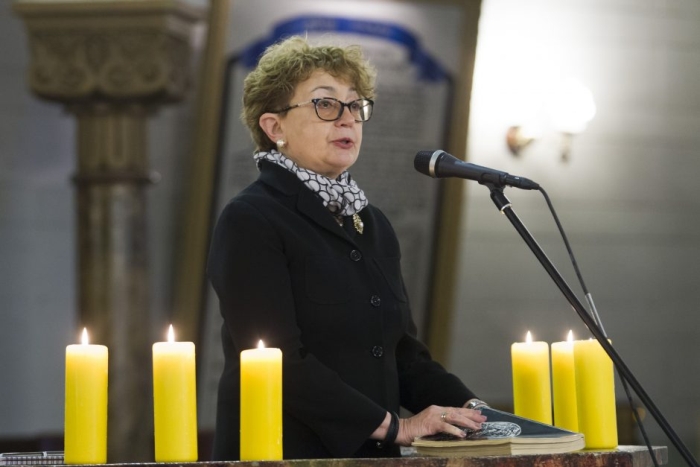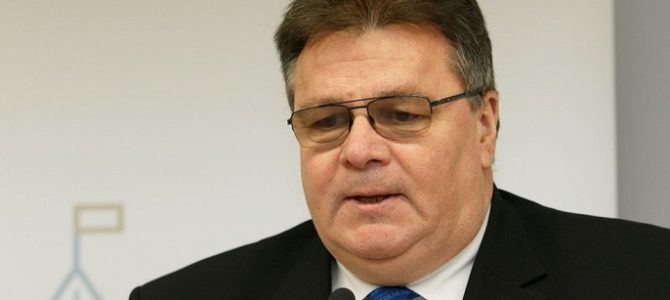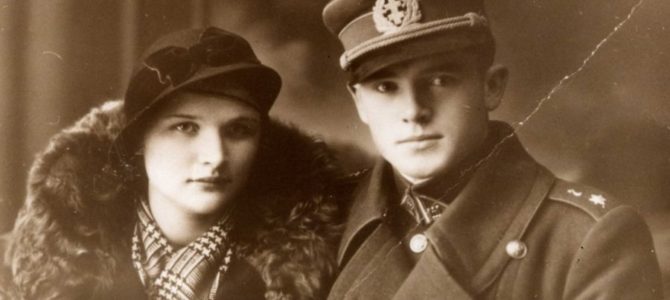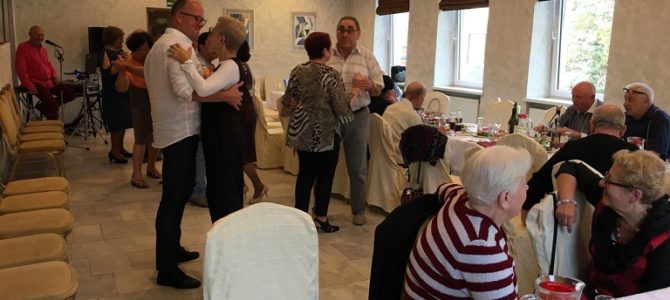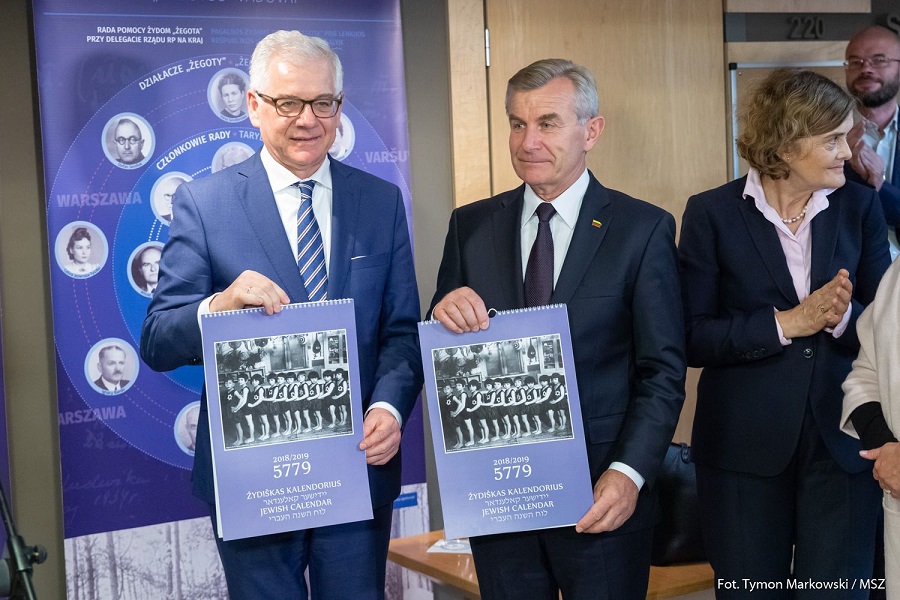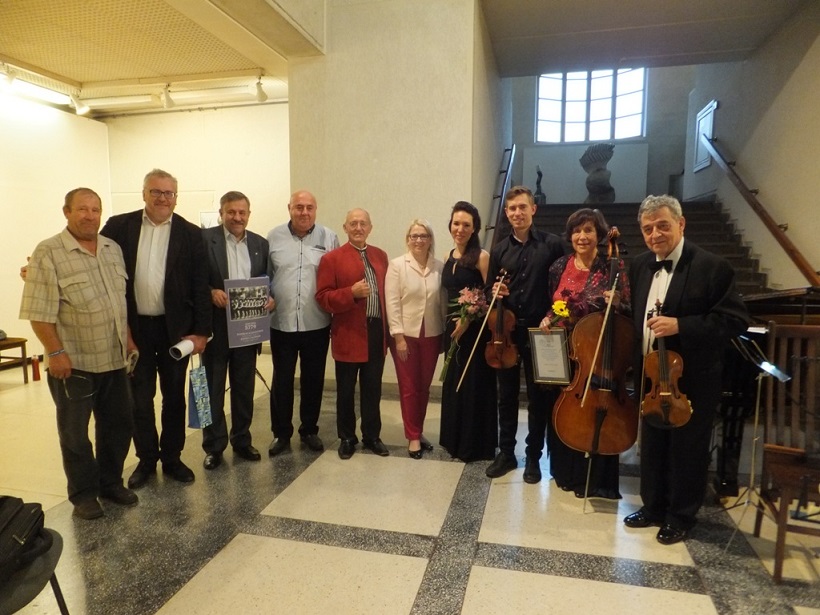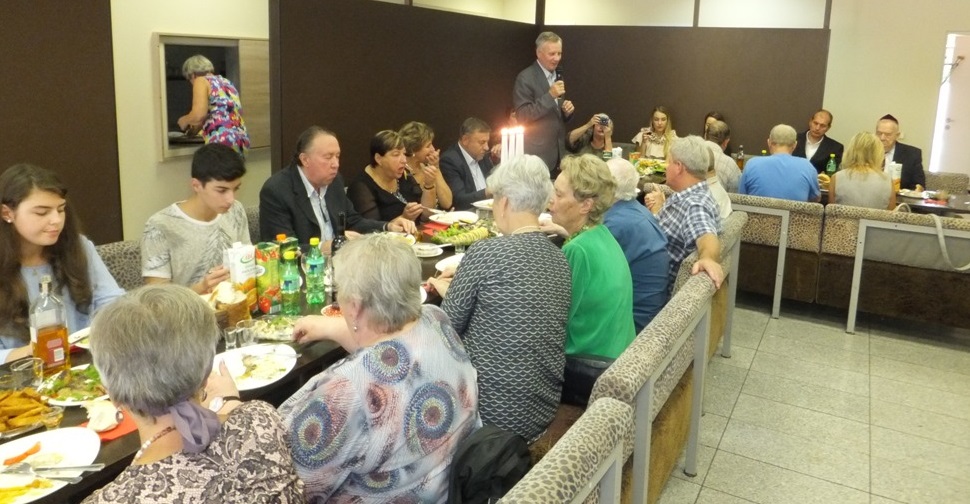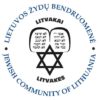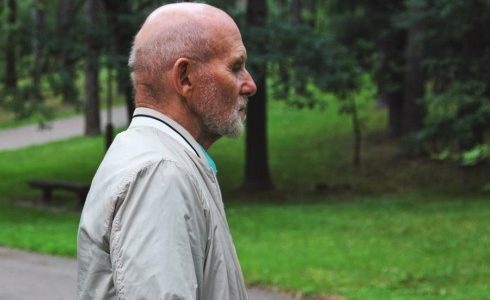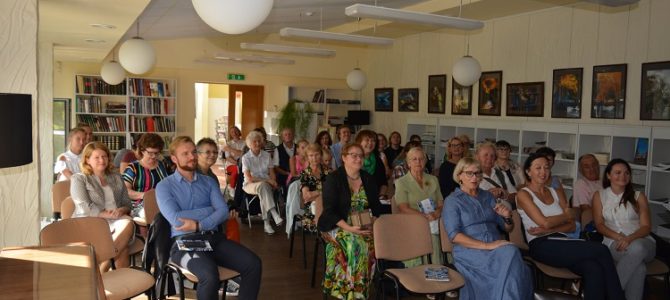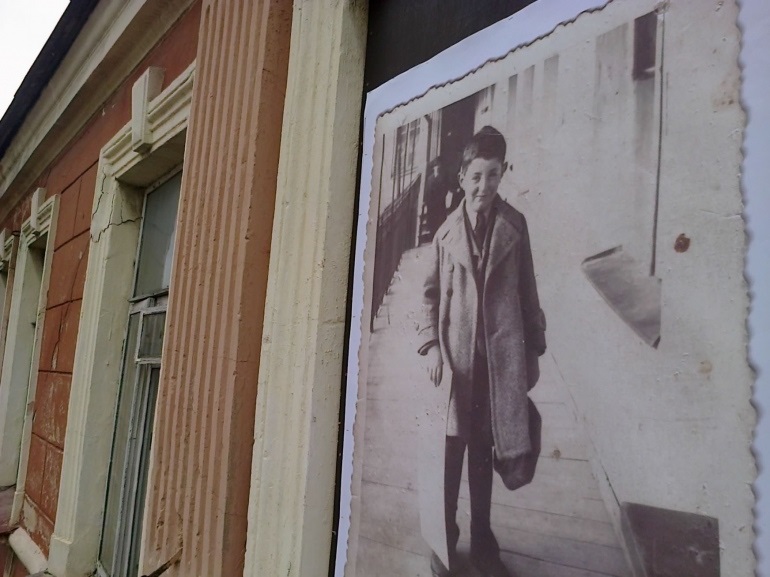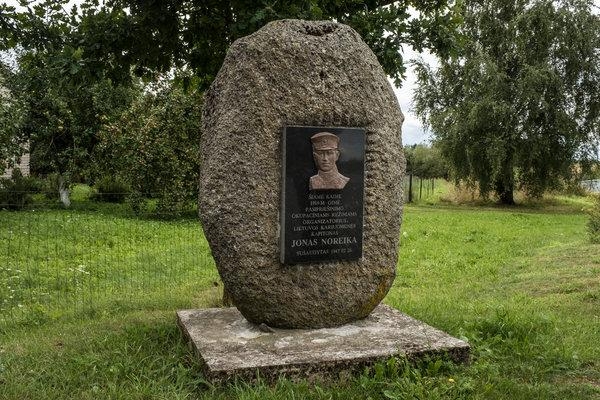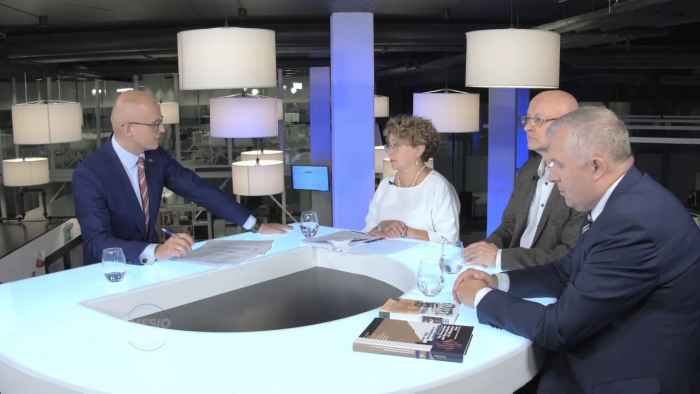
A roundtable discussion led by Edmundas Jakilaitis on Delfi TV’s Center of Attention program on September 19, 2018.
In a few days the 75th anniversary of the destruction of the Vilnius ghetto will be observed. What should Lithuania do with monuments to Nazi collaborators who fought for Lithuania’s freedom? Recently Lithuania has come to the center of attention of the most important global media because of these statues. Should calls by the country’s major thinkers and the requests by the Jewish community be taken to heart and memorial plaques removed and statues taken down? Should the president rescind state awards granted them?
On Delfi Center of Attention we have Lithuanian Jewish Community chairwoman Faina Kukliansky, journalist and publicist Rimvydas Valatka and historian and politician Arvydas Anušauskas. Also on the program: commentary by world-famous Lithuanian writer, poet and professor Tomas Venclova and Vilnius mayor Remigijus Šimašius.
Mrs. Kukliansky, yesterday you held an event at the Jonas Noreika memorial plaque, you read the names of Jews murdered in the Šiauliai ghetto. Why?
Kukliansky: Because we didn’t see any other way to bring the public’s attention to the fact the plaque is located there, on the side of the Academy of Sciences building, honoring, in our understanding, a person who collaborated with the Nazis. We’re not just saying this, but in possession of a finding by the Center for the Study of the Resistance and Genocide of Residents of Lithuania. Perhaps the center or other leaders upon whom the erection and removal of the plaque depend do not consider isolation of Jews collaboration with the Nazis, but we think that if only this had taken place, that Mr. Noreika isolated Jews, that would be sufficient to say this person should not be honored in public spaces.


